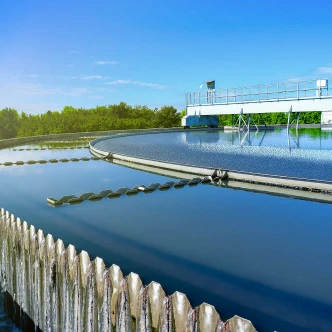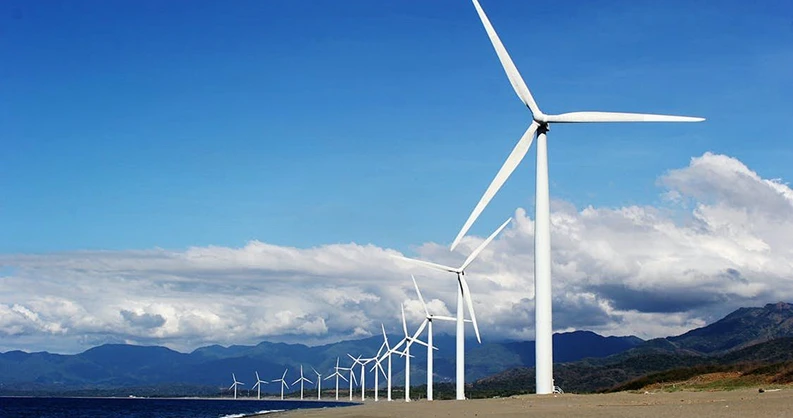Top Solar PV Panel Suppliers Reliable Efficiency & Value
- Understanding the Global Shift Toward Renewable Sourcing
- The Data Revolution in Clean Energy Adoption
- Technological Breakthroughs Driving Solar Efficiency
- Comparative Analysis of Leading PV Panel Suppliers
- Customization Solutions for Specific Energy Requirements
- Success Stories in Large-Scale Renewable Implementation
- Future Integration Pathways for Solar PV and Hydropower Suppliers

(solar pv panel suppliers)
Understanding the Global Shift Toward Solar PV Panel Suppliers
Global renewable infrastructure development increasingly relies on specialized solar pv panel suppliers
who provide essential components for energy transformation. The International Energy Agency reports that solar PV additions reached 270 GW in 2023, demonstrating unprecedented industry expansion. This growth is particularly notable across Asia-Pacific markets where governments have legislated aggressive renewable adoption targets.
Specialized pv solar panel suppliers now operate within sophisticated value chains that incorporate advanced manufacturing and international logistics networks. Tier-one manufacturers have established regional hubs in strategic locations like Vietnam, Malaysia, and Texas to optimize supply chain resilience and cater to regional market demands. These operational adjustments directly address the global demand for efficient module supply pipelines.
The Data Revolution in Clean Energy Adoption
Statistical evidence confirms renewable energy's accelerating displacement of traditional power sources. During 2020-2023, solar installations grew at 28% CAGR while global electricity demand increased by just 3.4% annually. This divergence highlights solar's expanding market penetration. Recent analysis by BloombergNEF indicates that project developers sourcing from specialized solar pv panel suppliers achieved 17% faster commissioning timelines than those using general electrical distributors.
Investment patterns reveal increasing capital allocation toward integrated renewable solutions. Major financial institutions like Goldman Sachs and HSBC have created dedicated clean energy financing arms that prioritize partnerships with established pv solar panel suppliers. This specialized funding approach has reduced commercial project financing costs by approximately 220 basis points since 2019.
Technological Breakthroughs Driving Solar Efficiency
PV technology improvements have fundamentally altered solar economics over the past decade. Modern heterojunction modules achieve 23.8% efficiency - a substantial advancement from the 15-17% efficiency typical just five years ago. Simultaneously, bifacial panels have emerged as an industry standard, delivering 27% additional energy yield through rear-surface light capture. These innovations translate directly to reduced land requirements per megawatt generated.
The manufacturing process has undergone equally transformative changes:
- Half-cell technology: Reduced resistive losses by 50%
- PERC architecture: Extended carrier lifetimes by 18 milliseconds
- Multi-wire interconnection: Decreased silver consumption by 32%
These collective advancements have propelled the global weighted-average module power output beyond 440W, enabling developers to achieve lower LCOE even in suboptimal solar regions.
Comparative Analysis of Leading PV Panel Suppliers
| Supplier | Production Capacity | Technology Focus | Degradation Rate | Certifications | Geographic Footprint |
|---|---|---|---|---|---|
| Longi Solar | 85 GW | Mono PERC | 0.45%/year | UL, IEC, CE | 54 countries |
| JinkoSolar | 70 GW | N-type TOPCon | 0.40%/year | TÜV, ISO, IEC | 160+ countries |
| Trina Solar | 65 GW | Vertex Bifacial | 0.55%/year | IEC, TÜV, CSA | Global network |
| Canadian Solar | 48 GW | HiDM Technology | 0.50%/year | UL, ISO, IEC | 150+ countries |
Industry leaders differentiate their products through sophisticated testing protocols. Accelerated stress tests simulate 30-year exposure in environments ranging from desert (85°C) to arctic (-40°C) conditions. Leading solar pv panel suppliers like JinkoSolar have established independent testing laboratories that perform PID resistance tests exceeding IEC 62804 standards by 200 hours. These commitments translate into quantifiable field performance benefits.
Customization Solutions for Specific Energy Requirements
Forward-thinking pv solar panel suppliers now offer application-specific engineering services beyond standardized modules. For challenging environments, manufacturers develop customized solutions such as anti-reflective coatings optimized for equatorial light spectrums and reinforced frames capable of withstanding 160km/h wind loads. These specialized products command only a 6-8% price premium while delivering 17-23% longer service life in target environments.
Dual-use configurations represent another customization frontier. Agricultural PV systems integrate specialized light-filtering modules that permit sufficient photosynthesis while generating renewable electricity. Hydropower suppliers are exploring complementary floating PV installations that occupy reservoirs without competing for land resources. Technical integration requires specialized engineering but provides dual revenue streams from existing hydroelectric assets.
Success Stories in Large-Scale Renewable Implementation
The Bhadla Solar Park project in Rajasthan illustrates large-scale procurement effectiveness. By engaging specialized solar pv panel suppliers through transparent tenders, developers installed 2.25 GW across approximately 14,000 acres - equivalent to eliminating 4 million tonnes of annual CO2 emissions. Project completion occurred within 15 months due to optimized module delivery schedules from manufacturing partners.
Hybrid installations demonstrate operational synergies between power generation technologies. The Sirindhorn Dam in Thailand integrated floating solar systems across reservoir surfaces managed by existing hydropower suppliers. This configuration generated 45 MW of additional capacity while reducing evaporation losses by 17.3 million cubic meters annually - enough to produce 32 GWh of additional hydroelectric power during dry seasons.
Future Integration Pathways for Solar PV and Hydropower Suppliers
Collaboration between solar pv panel suppliers and hydropower specialists will characterize next-generation renewable projects. The International Renewable Energy Agency forecasts that coordinated solar-hydro installations could contribute an additional 400 GW globally by 2040. Advanced system integration enables hydropower reservoirs to function as natural battery storage - excess solar generation pumps water upstream for later hydroelectric discharge during peak demand periods.
Supply chain evolution will remain critical as project requirements intensify. Leading pv solar panel suppliers are establishing manufacturing facilities near major hydroelectric regions to reduce transportation carbon footprints and support regional development goals. The industry requires continual material science innovation, particularly in reducing reliance on silver contacts which account for over 15% of current module manufacturing costs.

(solar pv panel suppliers)
FAQS on solar pv panel suppliers
以下是围绕核心关键词及其相关词创建的5组英文FAQ问答,使用HTML富文本形式:Q: How do I find reliable solar PV panel suppliers?
A: Evaluate suppliers through industry certifications like UL 1703 or IEC 61215. Compare warranty terms, production capacity, and client testimonials. Major manufacturers include JinkoSolar, Trina Solar, and Canadian Solar.
Q: What criteria differentiate top PV solar panel suppliers?
A: Top suppliers offer Tier-1 panels with ≥22% efficiency and 25+ year linear power warranties. Verify ISO 9001 compliance and review third-party ratings (e.g., BloombergNEF Tier-1 list). Also assess logistical capabilities for timely delivery.
Q: Can hydropower suppliers also provide solar PV solutions?
A: Some diversified renewable energy suppliers like GE Renewable Energy or Andritz offer both hydropower turbines and solar PV systems. However, specialized solar PV panel suppliers typically provide more advanced photovoltaic technology and focused support.
Q: Do solar PV panel suppliers handle installation services?
A: Most manufacturers focus solely on panel production and distribution. For installation, partner with their certified network of EPC contractors or purchase through full-service providers like SunPower that offer end-to-end solutions.
Q: How do supplier certifications impact solar PV panel quality?
A: Certifications guarantee performance and safety standards. Prioritize suppliers with IEC 61215 (durability) and IEC 61730 (safety) certifications. UL certification is essential for North American markets to ensure fire resistance and electrical compliance.
